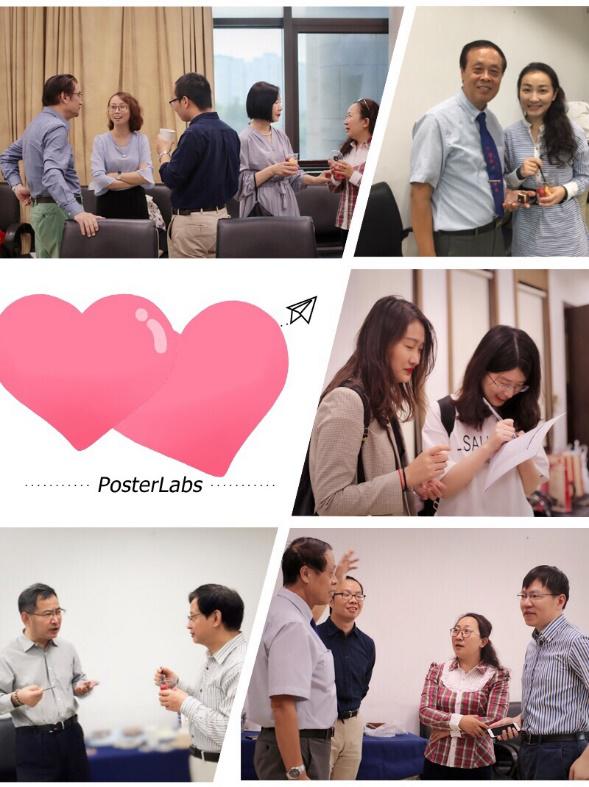A seminar called “Starry Sky Academy on International Law” was held on Oct 7th, 2019, in Jiangwan Campus, Fudan University. It is organized by “Customs Law & Foreign Related Law Research Center” which is under Fudan Law School. The attendees are mainly law school alumni pursuing various legal professions such as Judge, Lecturer, Lawyer, In-house Counsel, and Director in Multinational Companies. The seminar was chaired by Professor Mr. HE Li. Other experts invited are Associate Dean Ms. CHEN Li, Mr. SUN Nanshen, Mr. GONG Baihua, Mr. CHEN Liang, Mr. MA Zhongfa, Mr. SHEN Qiuming (from Shanghai Maritime University), and Ms. ZHU Qiuyuan (from Shanghai Customs College).
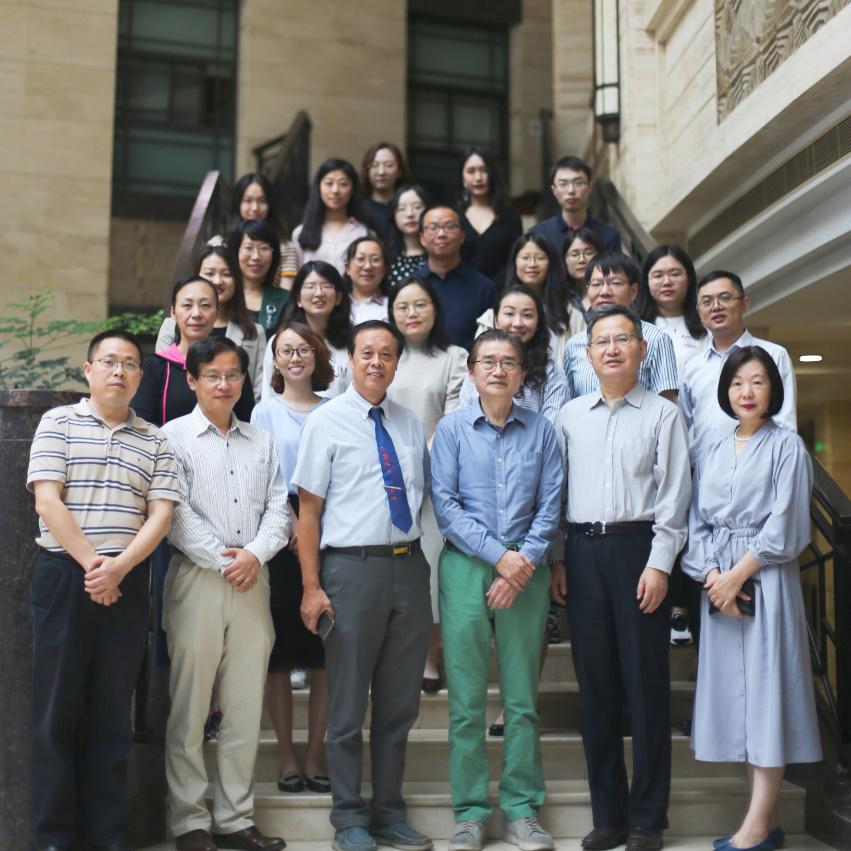
Four alumni were invited as guest speakers to share their insights on certain hot topics, which are related to their jobs.
Ms. MO Li, from Shanghai Law Society, introduced the report based on a recent research on the development of foreign related legal service in Shanghai. In order to better support foreign related legal service industry, it is suggested that: 1) A clearer definition is needed, in particular whether foreign related arbitration and foreign related mediation are in scope or not. It is also preferred to have one single leading supervision department instead of scattered management by different departments; 2) With regard to market access for arbitration service, hope more light can be shed by relevant law in terms of acceptance and enforcement of an award made in the territory of China by a foreign arbitral institution; and 3) More preferential and institutionalized policies, to attract more talented professionals to practice in this industry, i.e. foreign related legal service.
Mr. XIA Liang is an associate professor in Shanghai Ocean University. In the past two years (i.e. 2016 – 2018), he accomplished an assignment given by Ministry of Agriculture –– to draft a proposal for the amendment of <Fishery Law>. As an insider, Mr. XIA Liang shared some anecdotes about the institutional reform of the State Council. The audience learned a lot and had a better understanding on the decision-making mechanism and legislation process in China.
Ms. ZHOU Ying works in an Italian company named FERRERO, who sells its famous chocolate products worldwide. Now being Legal Head of FERRERO China, she talked about her own story in terms of the career path for a graduate of law school. To her, to be successful in a multinational company, you need to identify your audience firstly, e.g. his/her cultural background, then to think about a most appropriate way for the communication with him/her. In addition, you need to find an acceptable solution to both sides so as to keep a balance between effective risk control and sustainable business growth.
Mr. LIN Qing is Trade & Customs Director in Philips Lighting, with rich experience in the international trade arena. His sharing this time include: 1) U.S.-China Trade War and its impact on the market and industry, and 2) Measures taken by multinational companies to reduce the additional duties imposed due to section 301 Tariffs, including but not limited to: i) Transfer Pricing arrangement and Implementation of First Sale Program, which is designed to reduce the dutiable value of eligible products imported into the United States, by declaring the “first sale” transaction between the manufacturer and the middleman (Entrepreneur), instead of the “second sale” between the middleman and the Importer; and ii) Sourcing more but not all from other markets (e.g. eastern Europe, India & ASEAN countries, and Mexico) rather than China.
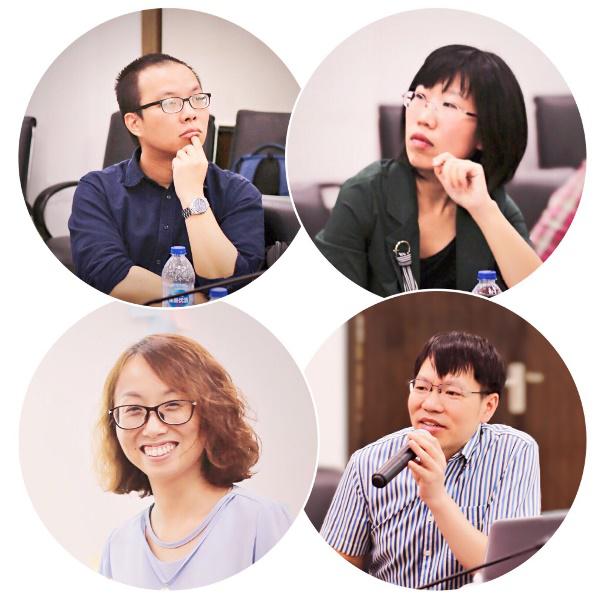
In the next comment session, all the scholars shared their views based on the theory of International Law.
The 1st topic is around the development of foreign related legal service. Per Professor SUN Nanshen, we need to pay attention to risk control over overseas investment projects. The investors should be cautious when hiring local legal service provider from host country, especially the ways of charging, as it might be a disguised form of bribery. Besides, investors should be encouraged to participate in the “Investment Guarantee” Program offered by the home country.
Professor SHEN Qiuming thinks we need to study the legal system and dispute settlement mechanism in ASEAN countries and those countries involved in the Belt and Road initiative. Otherwise, we will not be able to protect legitimate rights and interests of overseas investments effectively.
Professor GONG Baihua also points out that nowadays the popular research subjects on ‘the Belt & Road initiative’ are not those on the theoretical base for the Belt and Road initiative, but practical analysis on the specific issues like bad loans management and U.S. long arm jurisdiction, etc.
Professor CHEN Li holds the view that, to drive the opening up of legal service industry, “Shanghai International Economic and Trade Arbitration Commission” shall take the opportunity of the setup of “China (Shanghai) Pilot Free Trade Zone Lin-gang Special Area”, and strive for new arbitration rules. However, it depends on breakthrough in two areas, namely “Place of Arbitration” and “Applicable Law”.
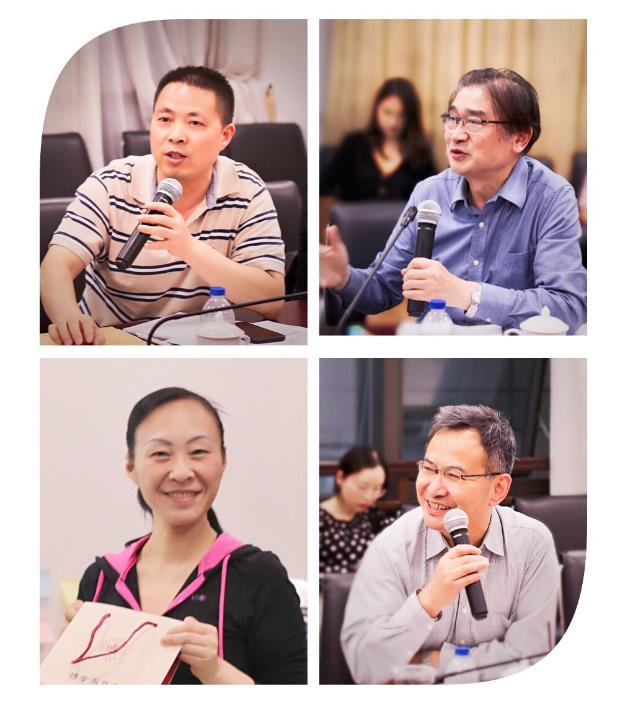
The 2nd topic is on U.S.-China Trade War. Professor SHEN Qiuming thinks China can call for amendments of some International Conventions, by considering new elements, such as ‘the Belt & Road initiative’, technology innovation, and business innovation, so as to drive the evolution of international economic order.
Professor MA Zhongfa shared his own experience and observation on a M&A (Mergers and Acquisitions) case, in which the native company named Shanghai Bell was taken over by Alcatel, a French telecom company, due to the influence by French Prime Minister at that time. The case illustrates his point that politics can have a profound impact on both world trade and International Trade Law. Similarly, U.S. government’s accusation of forced technology transfer looks more like an excuse to him, because considering the way and practice how multinational companies (MNCs) keep their know-how, it is not likely that those key and core technologies be exposed to an outsider, including the partner in a joint venture.
As representative of China Customs, Professor ZHU Qiuyuan participated in the activity held by World Customs Organization (WCO) for the amendment to <Kyoto Convention> (also known as <International Convention on the Simplification and Harmonization of Customs Procedures>). Based on her years’ practice in the area of International Customs Law, and working experience in international organizations, she shared some useful tactics in terms of how to reach a deal in the negotiation. For instance, since each country’s goals and demands are different, unless you take a global view, and consolidate your own needs into a global initiative, it will be hard to reach a consensus after the discussion. What’s more, to make your voice be heard, and to play a dominant role in an international organization, it is not sufficient to merely understand the specific rules, you also need to have a good understanding of the Law of Treaties and International Organizational Law, before you can think strategically and are able to provide a viable and innovative solution.
According to Professor GONG Baihua, all the discussions on the trade war can be divided into the following three categories: 1) On the strategic directions which are decided by the politicians; 2) On the impacts which are evaluated by the economists and industry after quantitative analysis; and 3) On the essence of the issues which are to be judged by legal professionals through normative study. Therefore, to address the concern about the forced technology transfer as alleged by U.S. government, China has amended its <Foreign Investment Law>, in which any practice of forced technology transfer by administrative officials are explicitly prohibited. Accordingly, local administrations shall also be careful not to make any controversial policy. As to the other two relevant problems, i.e. paralysis of the Appellate Body in the WTO, and arising unilateralism in the U.S., China will have to turn to plurilateralism, and one of the keys is to have closer collaboration with other members, especially the EU.
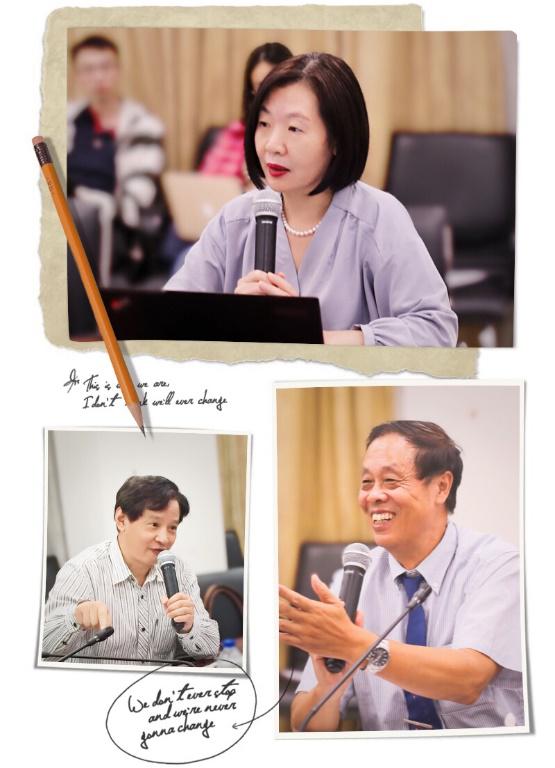
The 3rd topic is about cultivation of foreign related legal professionals. Professor GONG Baihua thinks that, in the new era, for a qualified graduate from Fudan Law School and specializing in International Law, the Talent Theory of 3Ks shall be upgraded to 4Cs. The three K’s are: Knowledgeable about Economy, Knowledgeable about Laws, and Knowledgeable about English, while the four C’s include: Connected with central government in terms of its policy and the tread, Connected with global communities and familiar with international rules, Connected with local governments in terms of past and current practices, and Connected with the stakeholders in terms of balancing different needs.
Professor CHEN Li also thinks that we’re entering upon a new time with lots of significant changes that are rarely seen in a century. Therefore, there are increasing demand for foreign related legal professionals, and younger generation scholars may have to shoulder greater responsibilities. By introducing some of her recent jobs related to the transformation of <The Antarctic Treaty> into domestic law, she takes herself as an example, to illustrate how the study on the existing legal system of the Antarctic can provide a legal base or serve as a valuable reference to help our country make a wise decision.
In the end of the meeting, a small survey on globalization and unilateralism was conducted to the attendees. It reveals that two thirds (2/3) of the voters believe it’s just a temporary setback for globalization, while 1/3 are not so optimistic on globalization, or at least hold the view that the setback will probably last for 10 years or even longer. When asked if international law can put a rein on the unilateralism in the U.S., 90% attendees’ answer is “No”, while only 10% still have confidence in it.
